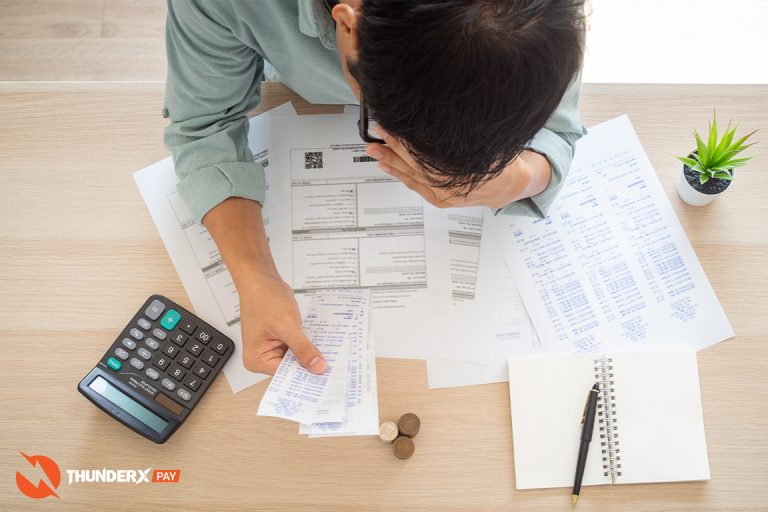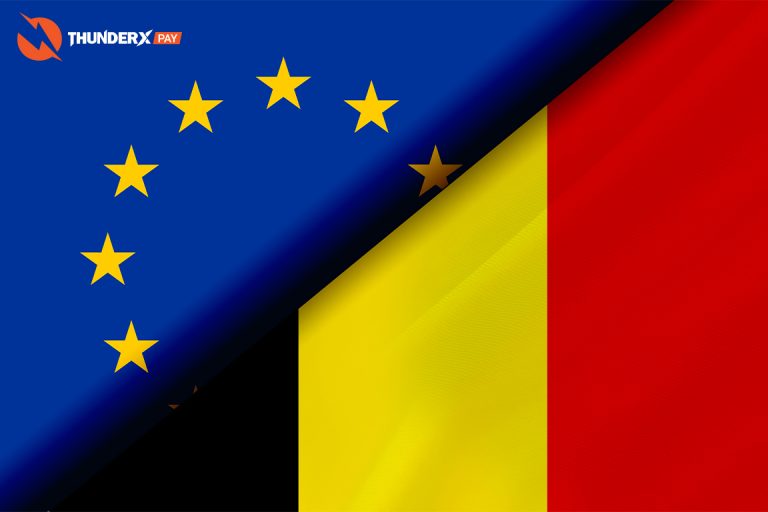Germany has no plans to back a joint European Union debt issuance according to a government source. This statement comes to reject prior news from the European session, so, according to the source, Germany does not support joint EU debt to encounter the looming energy crisis. The government source told Reuters on Monday, that he denies prior media report saying Chancellor Olaf Scholz supported joint debt issuances to tackle the energy crisis.


During the general volatility of the European session, the original news, via Bloomberg, could have been of a big deal of impact, but in the quieter afternoon New York session, there has been no impact on this headline. Investors are paying close attention to the deepening crisis in the European Union. Soaring gas and electricity prices do surely threaten to quake manufacturing and tranquil winter life across Europe.
It is worth mentioning that borrowing costs between member countries are beginning to deviate which is a negative factor for the Euro as investors flood into the US dollar for a safe haven. Germany’s government last month unveiled a 200 billion euros (306 billion USD) support package or “defensive shield” aimed at helping German households and the nation’s businesses to cope with inflationary energy bills.
The Germans received protests and furious criticism from other EU countries, who accuses Berlin of using its fiscal muscle to provide massive subsidies to benefit German producers. Meanwhile, EUR/USD is down on the day by 0.24%, but up from its lows of 0.9681 that were made as the US Dollar creeps back towards its 20-year highs.

Germany will pay most of the nation’s December gas bills as part of an effort to protect citizens and the national economy from the energy crisis fueled by the war in Ukraine. European’s largest economy ponders how to reduce its gas consumption by 20 percent to prevent a potential shortage this winter.
Chancellor Olaf Scholz’s government announced on Monday that it would “work very quickly on Monday that it would “work very quickly on implementing” a two-stage plan recommended by an expert panel which advised ministers to shoulder the cost of December gas bills for households and small and medium-sized businesses.
Published 31/10/2022
By Michael Saichuk

